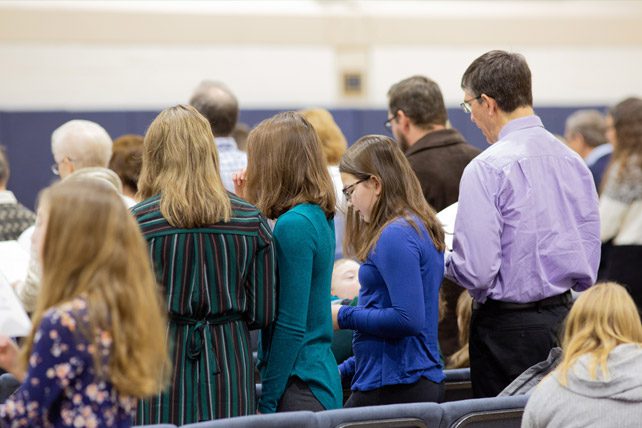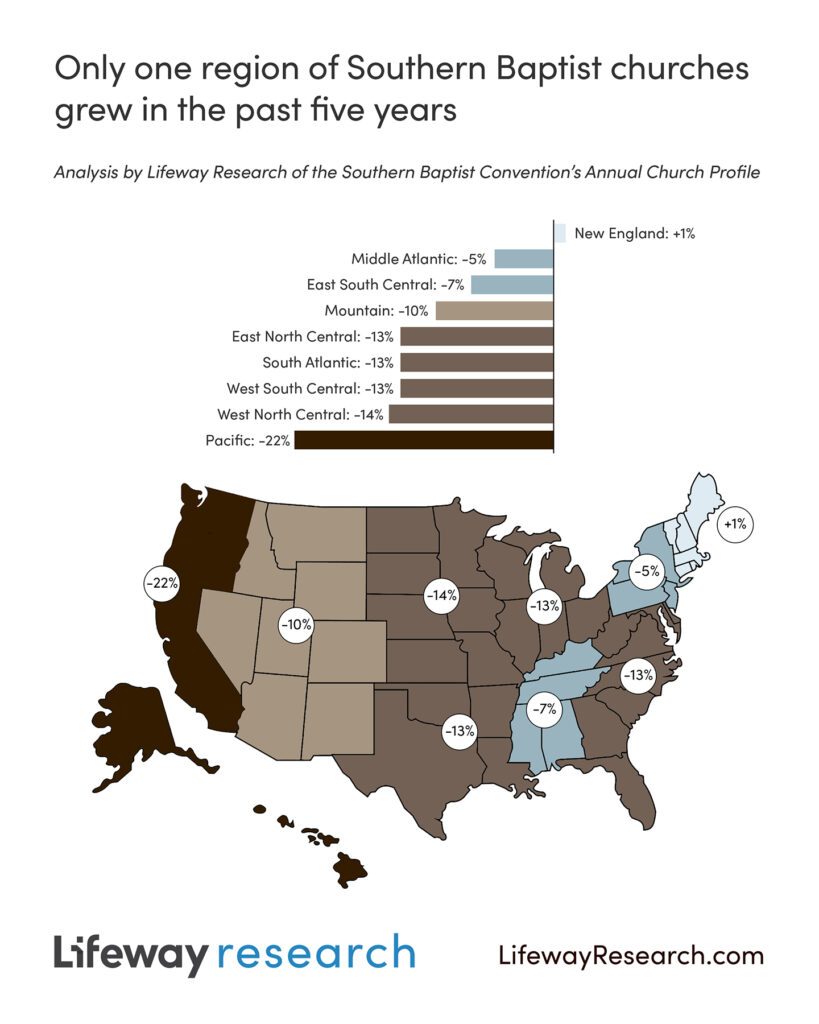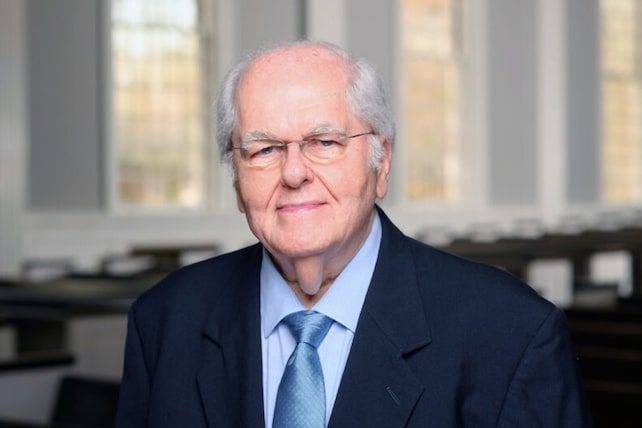I grew up in the south and in a denomination where pastors who drink beer (or any alcohol) was frowned upon for the average church attender and definitely considered taboo for pastors.
I served in the central valley of California where I could drive to several wineries within five minutes and where the church didn’t frown upon social drinking.
I served in another part of the country when, at my first elders meeting, it was literally an open bar. I was offered a choice of about a half-dozen alcoholic beverages.
I’ve noticed in the past years that some leaders seem to portray through their teaching, blogs and twitter profiles an “I drink and that makes me really cool” attitude. I heard one well-known teacher whom I respect play off the popularity of the WWJD craze by changing What Would Jesus Do to What Would Jesus Drink. He then spent several minutes talking about how much he enjoyed alcohol.
On the other hand, I know a guy who won’t even go to a restaurant if they serve alcohol.
I’ve never preached a message against alcohol and I don’t believe the Bible prohibits drinking in moderation. After all, Jesus turned water into wine and Paul encouraged Timothy to drink a little wine for his stomach.
I even occasionally go to a bar with my improv class friends to hang out. But as being among pastors who drink beer? I order a “beer” of the root beer variety.
Why I Am NOT Among Pastors Who Drink Beer
1. I need all my brain cells.
As I understand it, alcohol even in moderation can kill those cells. I want to make the wisest health choices for my body. I can get the limited health benefits from red wine in other nonalcoholic ways. I hope to keep my ‘senior moments’ down to a minimum as I get older.
2. I don’t want to play Russian roulette.
A quarter of people who drink are considered problem drinkers, and almost 10 percent are considered alcoholics. And pastors who drink beer are certainly contained in these statistics. I guess I don’t want to risk becoming one of those statistics.
3. I believe in the principle of deference.
Based on Paul’s admonition in Romans 14:21, I would not, by my drinking, want to cause a weaker brother to stumble. It is better not to eat meat or drink wine or do anything else if it might cause another believer to stumble. (NLT)
4. As a leader, I’ve chosen a higher standard for my leadership life.
Proverbs 31:4 has influenced my thinking about pastors who drink beer: It is not for kings, Lemuel — it is not for kings to drink wine, not for rulers to crave beer. (NIV)
If you are a pastor or youth leader, what do you think?
If you are not a pastor, what do you think about pastors who do?











 Crossbow and gun enthusiasts use a sight to lock in on the center of a target. Where one hair (or line) crosses another, the center of that union is referred to as “the cross hairs.” Literally, this center point is under fire.
Crossbow and gun enthusiasts use a sight to lock in on the center of a target. Where one hair (or line) crosses another, the center of that union is referred to as “the cross hairs.” Literally, this center point is under fire. 














